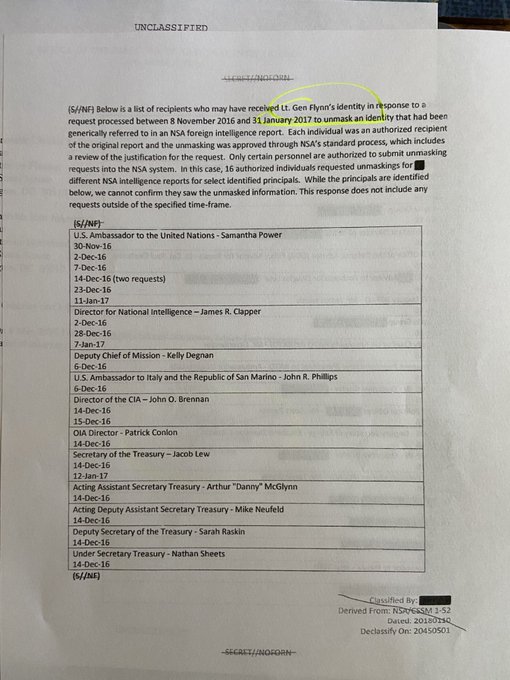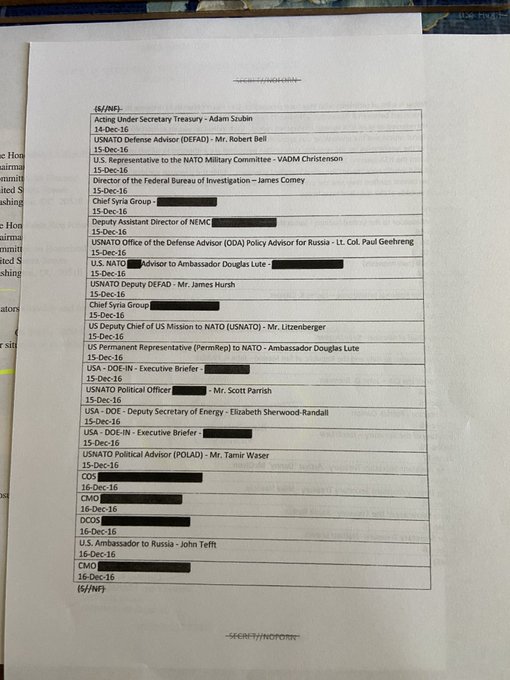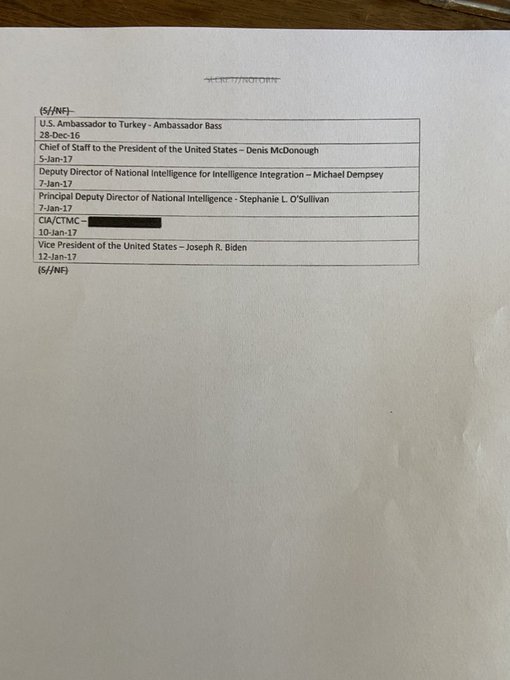This has been building for quite a while and was noticeable if anyone watched any Senate confirmation hearings for judge candidate nominees. Senator Sheldon Whitehouse, (D-RI) is one of the loudest drivers of this change.
House Judiciary Committee ranking member Rep. Jim Jordan, R-Ohio, is launching an investigation into a draft advisory opinion by the Judicial Conference’s Committee on Codes of Conduct which, if approved, would prohibit federal judges from being members of the right-leaning Federalist Society or left-wing American Constitution Society (ACS).
Jordan’s concern with the draft advisory opinion is that membership in these groups had previously been allowed, and while under the draft opinion this would no longer be allowed, membership in other groups including the American Bar Association (ABA) would continue to be permitted. The committee said their concern with the Federalist Society and ACS is that membership could lead to people questioning a judge’s impartiality when it comes to issues on which those groups have taken positions.
Humm, the judges can participate in events held by those organizations, they just cant be active members? It was not too long ago that Senator Dianne Feinstein also had a huge issue with Judge Amy Barrett’s fidelity to Catholic theology. Other senators joining with Senator Feinstein were Senator Durbin (D-IL) and Senator Hirono (D-HI).
It is interesting that Trump Judge nominee and confirmed, Judge Ralph Erickson of the U.S. Court of Appeals for the Eighth Circuit, who chairs the committee behind the draft opinion. That opinion to change the code of conduct is found here. (important read)
Simply put, Judge Erickson has enlisted a panel to challenge the Federalist Society.
The proposed rules change is the latest salvo in a campaign to cast the Federalist Society as too political, and thereby politically risky, for judiciary participation. The Wall Street Journal editorial board labeled the proposal “judicial political mischief masked in high sounding rhetoric,” a step that is spurring a backlash among “judges and others” who should denounce it as “undermining legal education in America and perhaps violating the First Amendment right of association.”
Conservative activists put it more bluntly, calling the rules change a transparent attempt to neuter the Federalist Society. The motivation is obvious, these activists say, after the Senate has confirmed a record number of Trump-appointed judges, many of whom are Federalist Society members or have participated in the group’s events.
“This rules change was probably instigated and driven by people who are upset with the transformation that is taking place in the federal judiciary, and since they are on the left, they are accustomed to addressing problems by trying to censor the other side,” a longtime Federalist Society member told RealClearPolitics. “And that’s exactly what this is — an act of censorship.”
Carrie Severino, the chief counsel and policy director for the conservative Judicial Crisis Network, said the new rule would create a different standard for judges than they have been held to in the past and severely limit their civic participation.
“Obviously there are situations that do require recusal – if someone is involved in a political campaign or directly advocating for a political position,” she said. “But simply being in a group that believes in certain principles — they are misconstruing the Federalist Society by calling it a group that takes political positions.” Read more here.


%2Farc-anglerfish-arc2-prod-mco.s3.amazonaws.com%2Fpublic%2F5WN5NWON3ZBMFPPPW3XCDQXBWY.jpg&f=1&nofb=1)





